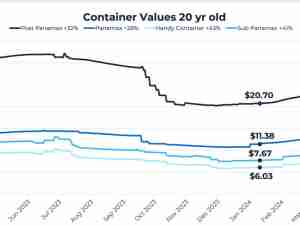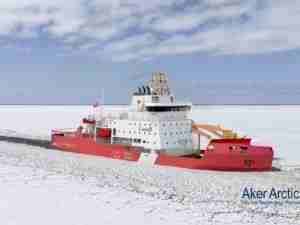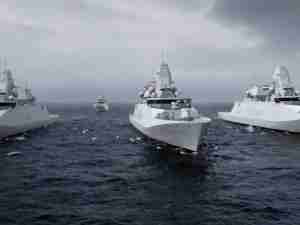Of all the practical skills addressed by port officials of the Western Hemisphere who met Oct. 23-27 in Tampa for the 94th annual convention of the American Association of Port Authorities (AAPA), the most important one might just be the ability to cooperate. A national chassis pool was the subject of one such cooperative venture.
At a convention that featured sessions on such topics as negotiation skills training and international protocol, the theme of cooperation prevailed, whether in responding to hurricanes (see story on page X), or addressing infrastructure concerns.
During the closing general session, panelists representing such diverse interests as a major ocean carrier, the leading trucking trade organization and the US Department of Transportation reached agreement to advance the notion of a national chassis pool.
"I think we've got a deal on chassis pools," said George Schoener, USDOT's deputy assistant secretary, adding that he would be happy to facilitate the program.
Chassis pools, as those recently successfully implemented by Virginia International Terminals Inc. at Virginia Port Authority facilities, entail the provision of truck chassis by participating shipping lines into a shared pool, thus freeing truck drivers from having to switch chassis when they haul for a different line. Benefits include safer equipment, reduced terminal time for truckers and less terminal congestion.
Schoener said chassis pool programs are a classic example of "increasing efficiency without investing in infrastructure."
Robin Lanier, executive director of The Waterfront Coalition, a group of shipper and transportation interests that promotes the economic importance of ports, said the year-old Virginia chassis pool program has improved productivity and pay for truckers and, "made the truck driver's life less of a hell."
William Graves, president and chief executive officer of the American Trucking Associations, said the Virginia program is showing, "tremendous benefits," while Gene Pentimonti, vice president of government affairs for Maersk Inc., commented, "We would like nothing more than for truckers to own the chassis."
On a broader scale, panelists shared a desire to see a strong national freight coalition and an integrated national transportation system in place.
Scheoner said he believes it is imperative that public- and private-sector entities continue to work cooperatively, as well as the USDOT agencies that address specific transportation modes, work together to "think transportation" rather than modally.
Panelist Richard L. Couch, president of container-on-barge operator Osprey Line, said he is encouraged by the way in which truck and rail entities are working together in the domestic movement of freight. He said he sees "a huge, huge opportunity" for the water mode to play a more integral role domestically.
Bernard S. Groseclose Jr., president and chief executive officer, South Carolina State Ports Authority, closed the final general session by encouraging convention participants to focus on cooperation and collaboration.
At the conclusion of the convention, Groseclose succeeded Gary P. LaGrange, president and chief executive officer of the Port of New Orleans, as AAPA's chairman for a one-year term.
Professional port manager (PPM) certifications were awarded to four port executives who completed a program that requires seminar and AAPA committee participation and completion of a paper on a topic of public port management. The four new PPMs are: Steven Cernak, port director of the Port of Galveston; William Ellis, general manager of capital programs for the Port Authority of New York and New Jersey; Steven Tyndal, senior director of trade development and special projects for the Manatee County Port Authority; and J. Michael Zachary, director of port planning and logistics for the Port of Tacoma.








